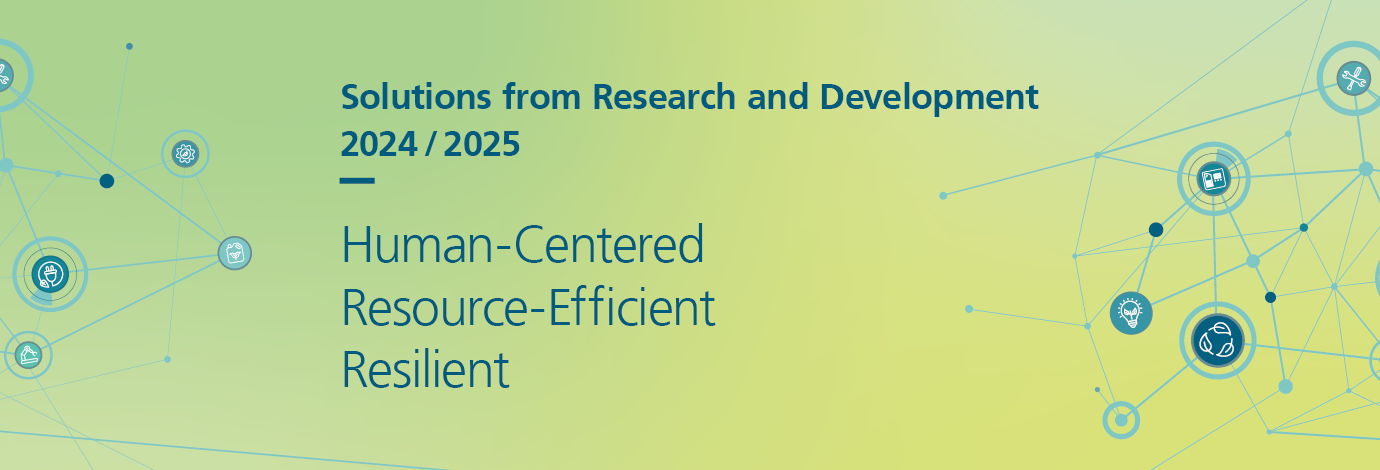Agility is in high demand in today's production. Companies have to adapt their manufacturing to ever-changing conditions. On the one hand, individual customer requirements have become part of everyday life, even in the classic series production business. Some companies operate with 50,000 system products at annual repeat rates of 1.4. On the other hand, global conditions that disrupt supply chains, for example, make it necessary to frequently restructure production processes.
Flexible adjustments are hardly possible in traditional production structures where firmly integrated production steps interlock – but they are certainly feasible in modular, digitally networked systems. In the factory of the future, network nodes are as important as machine chucks – because integrating systems into end-to-end manufacturing processes is purely IT-based. This way, machines, robots, mobile equipment and even manual workstations can be rearranged into ever changing sequences. The production environment thus becomes product-agnostic as a result, allowing the cost-effective conversion to different product variants, even in small quantities. Cockpits and similar solutions for process control provide the necessary overview.
When it comes to developing flexible manufacturing environments, Fraunhofer IPK goes one step further: The Fraunhofer lighthouse project EMOTION aims to realize production scenarios in which all players, whether human or machine, independently identify malfunctions, bottlenecks and overloads and react to them with empathy.
 Fraunhofer Institute for Production Systems and Design Technology
Fraunhofer Institute for Production Systems and Design Technology


